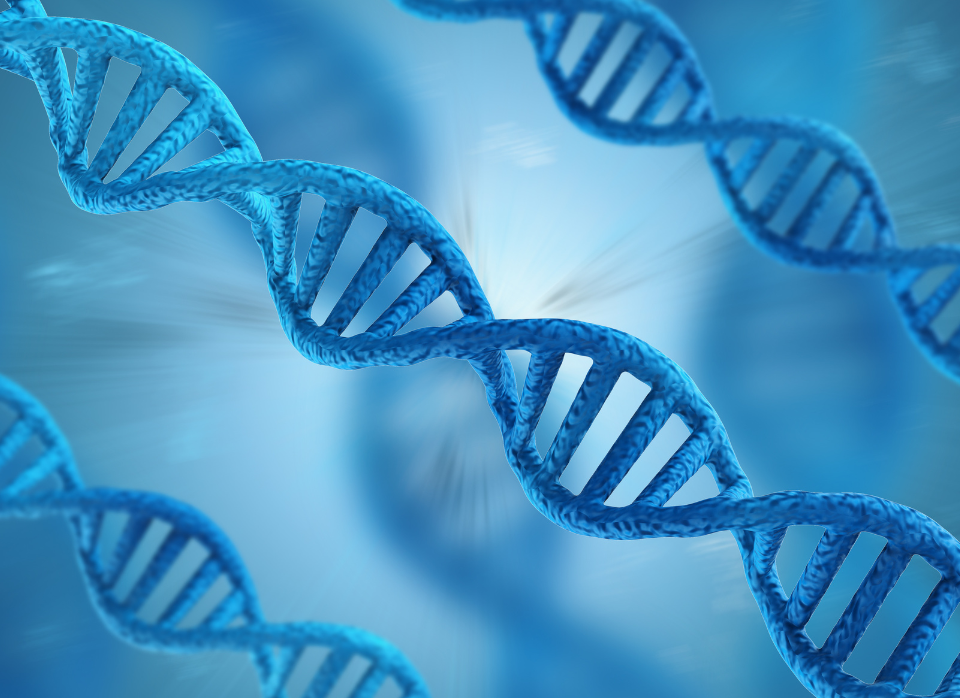
What is Body Dysmorphia? Signs, Symptoms, Treatment Approaches and Media Influences
February 13, 2024
Understanding Eating Disorders in Athletes: Challenges and Support
March 12, 2024By Keeley Seymour, LCSW, CEDS, PMH-C
5 min read

Friends at the lunch table discuss “making up” for their meal later by hitting the gym.
A coworker shares a diet they have been following with cutting out carbs.
You notice a classmate logging their meal into a weight loss app.
In our society, behaviors such as these have become normalized. However, it is what many professionals are considering as part of disordered eating.
Disordered eating is a term used to describe a range of irregular eating behaviors that don’t necessarily meet the criteria for a diagnosed eating disorder, but still pose significant risks to one’s physical and mental health.
So, what does that mean? While the definition is vague, it can leave many wondering if their relationship with food is considered disordered.
Disordered Eating vs. Eating Disorders
Disordered eating encompasses a variety of irregular eating habits, attitudes, and behaviors related to food and body image. These behaviors may include – skipping meals, restrictive dieting, excessive calorie counting, frequent weight fluctuations, obsessive thoughts about food, and engaging in unhealthy eating patterns.
Disordered eating habits may include:
- Avoiding entire food groups, certain macronutrients, or foods with specific textures or colors
- Binge-eating or eating until you are uncomfortably full
- engaging in compensatory behaviors, such as exercising to “make up for” food you’ve consumed
- exercising compulsively
- cutting food into small pieces, slowing down the pace of eating (tricking yourself into feeling fuller from less food)
- fasting to lose weight
- feeling guilt, disgust, or anxiety before or after eating
- following strict food rules or rituals
- intentionally skipping meals or restricting food intake — skipping meals before or after you’ve consumed a large meal, food you consider unhealthy, or alcohol
- opting to eat only foods you consider “clean” or healthy
- participating in fad diets to lose weight
- engaging in purging behaviors, such as using laxatives or making yourself vomit to control your weight
- tracking food or calories to the point of preoccupation
- weighing yourself or taking body measurements often
While disordered eating shares some similarities with eating disorders, there are key distinctions between the two. Eating disorders involve clinically diagnosable conditions characterized by severe disturbances in eating behavior and a preoccupation with food, body weight, and shape. These disorders often have specific diagnostic criteria outlined in the DSM-5 (Diagnostic and Statistical Manual of Mental Disorders). Disordered eating, on the other hand, may exhibit similar behaviors but typically to a lesser degree and intensity, but may not meet the diagnostic threshold for an eating disorder. This does not mean, however, that the behaviors are any less concerning.
Disordered Eating Patterns
A cohort study found that females who dieted moderately were 5x more likely to develop an eating disorder. While those who practiced extreme restriction were 18x more likely to develop an ED than those who did not diet. Engaging in patterns of disordered eating can not only alone impact one’s mood and mental health, but can also put them at risk of developing an eating disorder.
Noticing Patterns and Seeking Help
Using the term “disordered eating” may actually help those who seek treatment who may not have otherwise.
In our society and even in our medical community, there tends to be an association between weight and eating disorders. Most people assume that to have an eating disorder, the individual needs to be of low weight. These misconceptions prevent people who need treatment from receiving it due to weight bias. According to NEDA, less than 6% of people with an eating disorder are medically underweight.
Interactions with others, and more importantly healthcare professionals, can be invalidating and minimize one’s interpretation of their need for treatment.
Eating Disorders in College Students
College campuses can be breeding grounds for disordered eating behaviors due to various factors such as academic stress, peer pressure, societal expectations, and changes in lifestyle and eating habits. The transition to college life can bring about significant changes in routine, including irregular eating patterns, reliance on convenience foods, and social pressures related to body image. Moreover, the pervasive culture of dieting, fitness trends, and comparison on social media platforms can exacerbate feelings of inadequacy and drive disordered eating behaviors among college students.
According to NEDA, eating disorder screening on college campuses is seriously lacking—only 22% of colleges reported offering year-round ED screening opportunities and only 45% offered ED screenings once per year or semester. Not only does the environment create an increased risk of disordered eating, but unfortunately, colleges are not screening enough to refer students to treatment. (www.nationaleatingdisorders.org)
Eating Disorder Risk Factors
Engaging in disordered eating behaviors can have serious consequences for both physical and mental health. Some of the risks associated with disordered eating include:
- Nutritional deficiencies: Restrictive eating patterns may deprive the body of essential nutrients, leading to deficiencies in vitamins, minerals, and macronutrients.
- Physical health complications: Disordered eating can contribute to a range of health issues such as gastrointestinal problems, hormonal imbalances, bone density loss, and weakened immune function.
- Emotional distress: Constant preoccupation with food, body image, and weight can take a toll on mental well-being, leading to anxiety, depression, low self-esteem, and poor body image.
- Social isolation: Disordered eating behaviors may interfere with social activities and relationships, causing individuals to withdraw from social interactions and experiences centered around food.
Getting Treatment for Disordered Eating
If you or someone you know is struggling with disordered eating, it’s essential to seek help and support. Here are some steps you can take:
Reach out to a healthcare professional: Start by consulting a physician, therapist, or registered dietitian who specializes in eating disorders and disordered eating. They can provide a comprehensive assessment and recommend appropriate treatment options. College counseling centers typically have mental health support. You can also search for providers at the National Alliance for Eating Disorders.
Build a support network: Surround yourself with understanding and supportive friends, family members, or support groups who can offer empathy and encouragement. The National Alliance for Eating Disorders offers free peer support groups.
Practice self-care: Focus on self-care activities that promote physical and emotional well-being, such as adequate sleep, stress management techniques, and engaging in enjoyable hobbies.
Challenge distorted thoughts: Work with a therapist to identify and challenge negative beliefs and thought patterns related to food, body image, and self-worth.
Seek professional treatment: Consider participating in individual therapy, group therapy, or specialized eating disorder treatment programs that offer evidence-based interventions and support.
If you are unsure whether you or your friend is struggling with their relationship with food, it does not hurt to reach out. Most likely if you are asking the question, it is a topic to consider continuing to explore.
_________________________________________________________________________________
Looking for treatment for an eating disorder, anxiety, depression, trauma, or postpartum mood disorder?
Evolve Counseling Services is a specialized team of Licensed Therapists providing treatment in Paoli.



